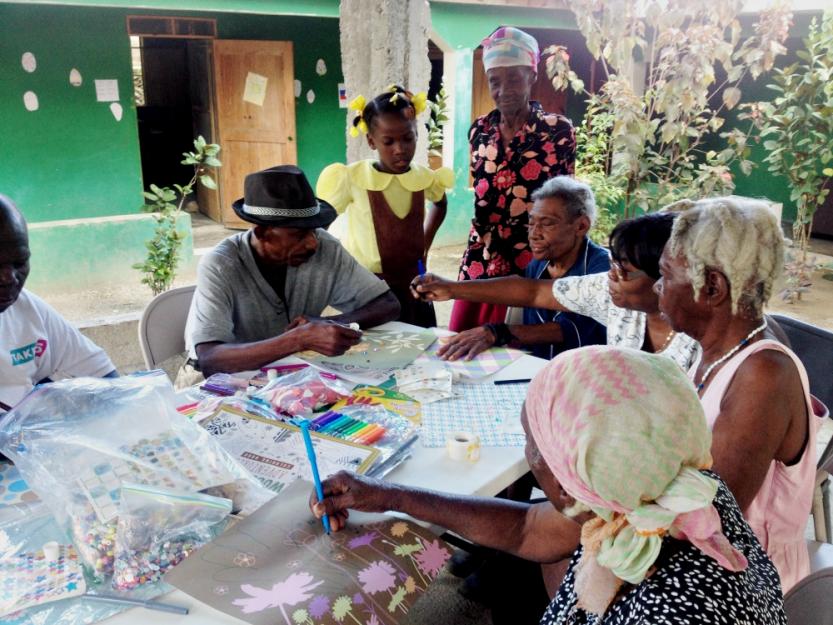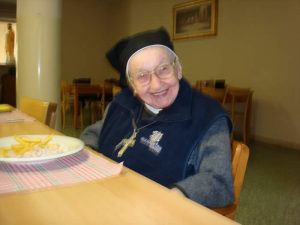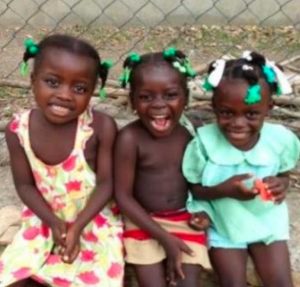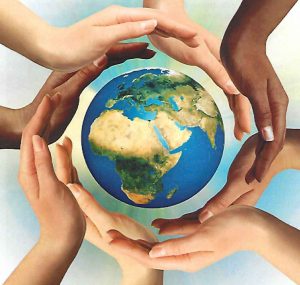
What is your name? Who are you? When meeting a new acquaintance, this is an important distinction.
How are you called? That question may have a different answer than the first because the responder could answer with a title or a nickname.
Names tell us quite a lot about a person because they give a glimpse of familial connections. When I introduce myself as Geri, many people smirk and inform me of a fact I know well — Geri is, indeed, more commonly a man’s name. This is as true in Haiti as it is in the United States. But when you know the story of my name, that my parents named me in honor of my Uncle Jerry, it begins to make sense. My name places me in an intergenerational family.
People can easily tell one another their given names, but the response to “how are you called” tells one even more about the other person. I could say that I am Auntie Geri, and you would know that I have little people in my life who call me aunt. I could also say that my family calls me Ger, further shortening an already short name into a more familiar single syllable.
Places also have names to orient people to where in the world they are in any given moment.
Maison Bon Samaritain is the new name of the local nursing home. It is positioned just off the national highway that leads into town, and its bright yellow walls are a telltale sign of its existence in the neighborhood of Kokoye. Initially, this nursing home was called the Kay Pòv, “the house of the poor,” because it was a place for the most vulnerable members of the town to sleep and receive intermittent medical care…






